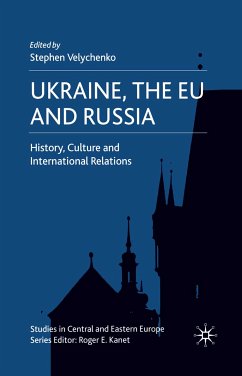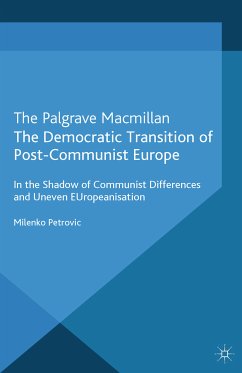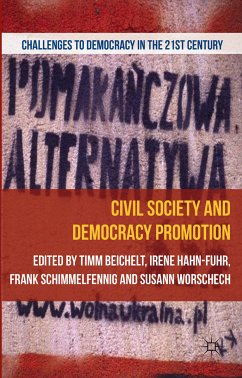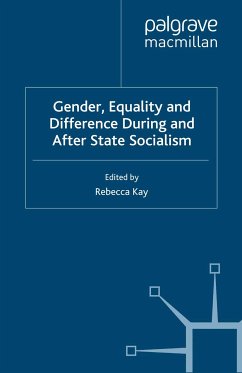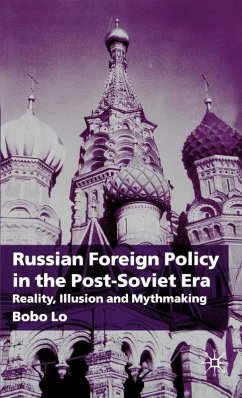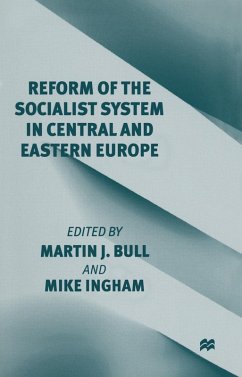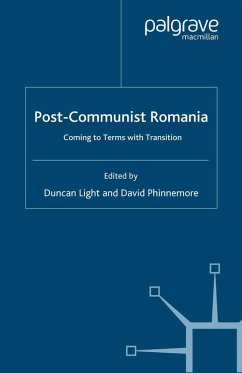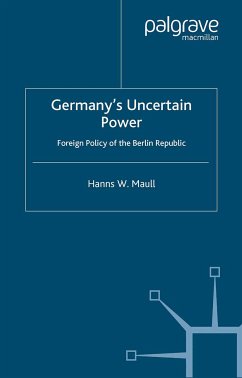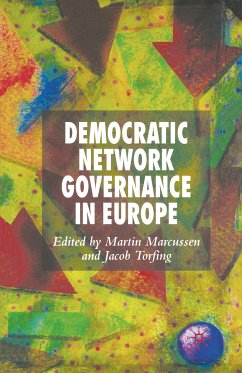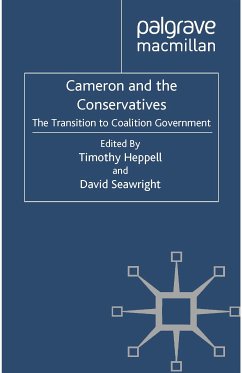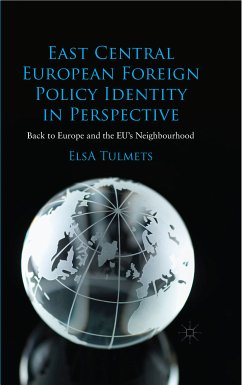
East Central European Foreign Policy Identity in Perspective (eBook, PDF)
Back to Europe and the EU's Neighbourhood
Versandkostenfrei!
Sofort per Download lieferbar
40,95 €
inkl. MwSt.
Weitere Ausgaben:

PAYBACK Punkte
20 °P sammeln!
How have countries in the EU that were previously under Communist rule influenced the creation of a European policy towards other Post-Soviet nations? This study explores countries including the Czech Republic and Poland and shows how they have helped develop a coherent policy based reconciling political and historical foreign policy identities.
Dieser Download kann aus rechtlichen Gründen nur mit Rechnungsadresse in A, B, BG, CY, CZ, D, DK, EW, E, FIN, F, GR, HR, H, IRL, I, LT, L, LR, M, NL, PL, P, R, S, SLO, SK ausgeliefert werden.



